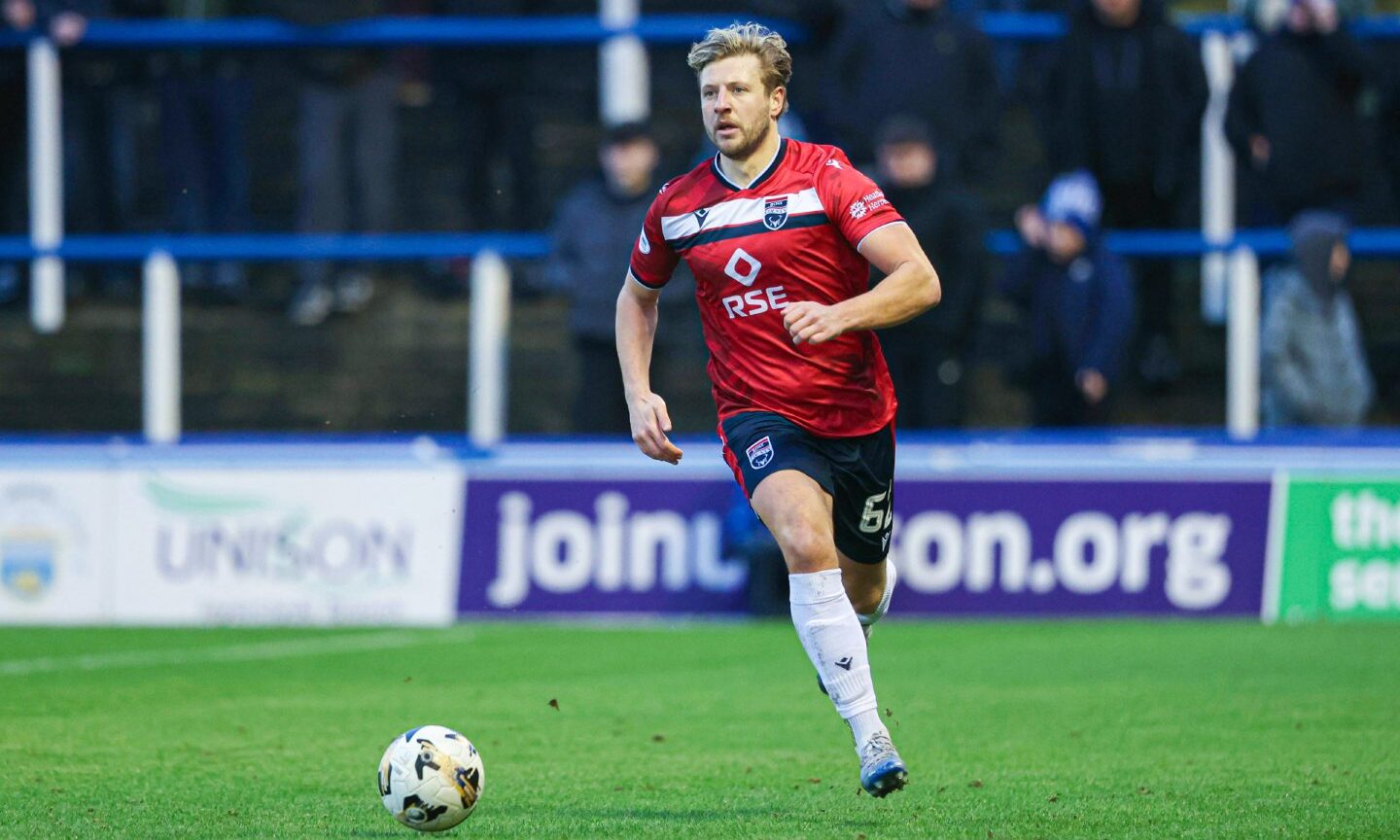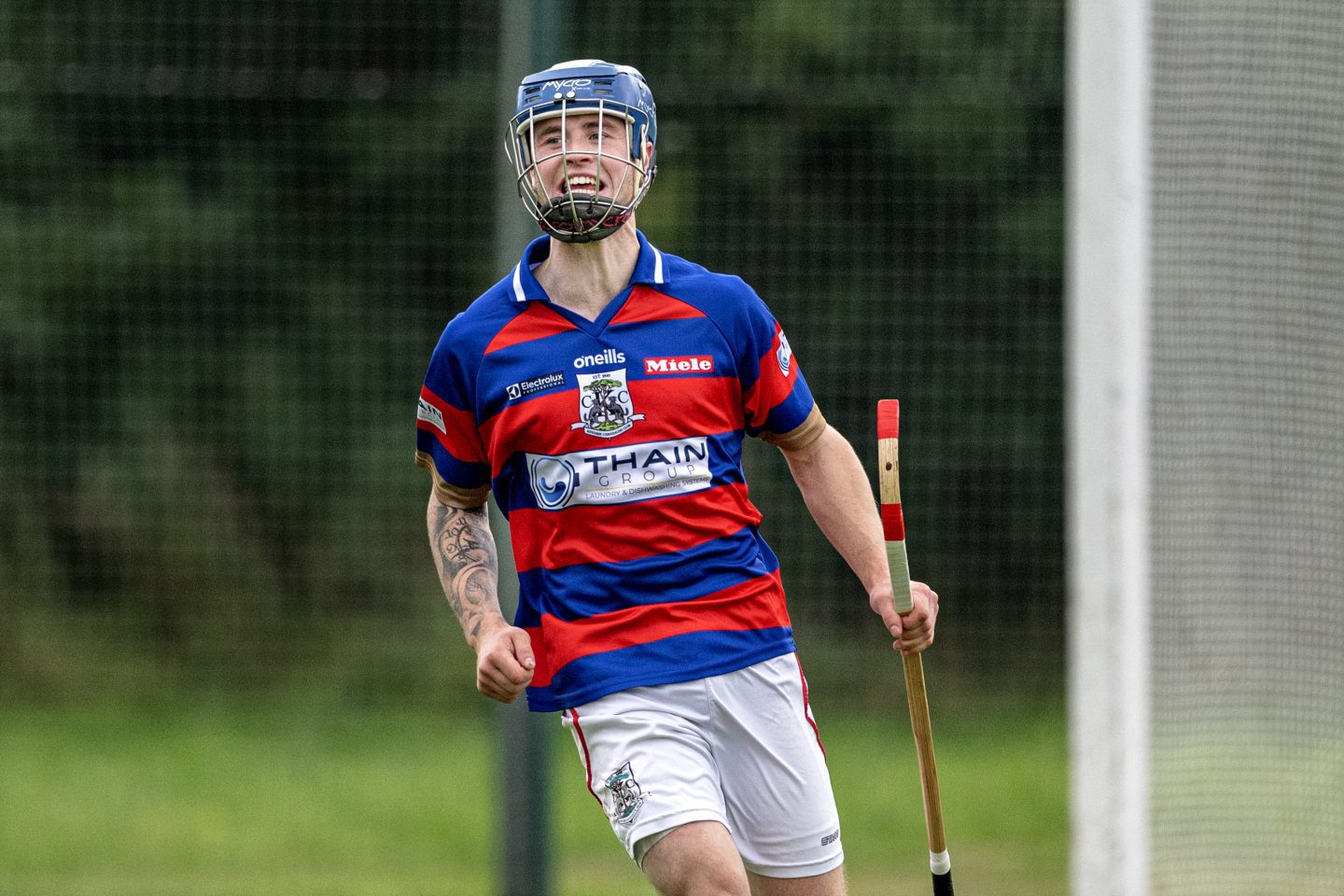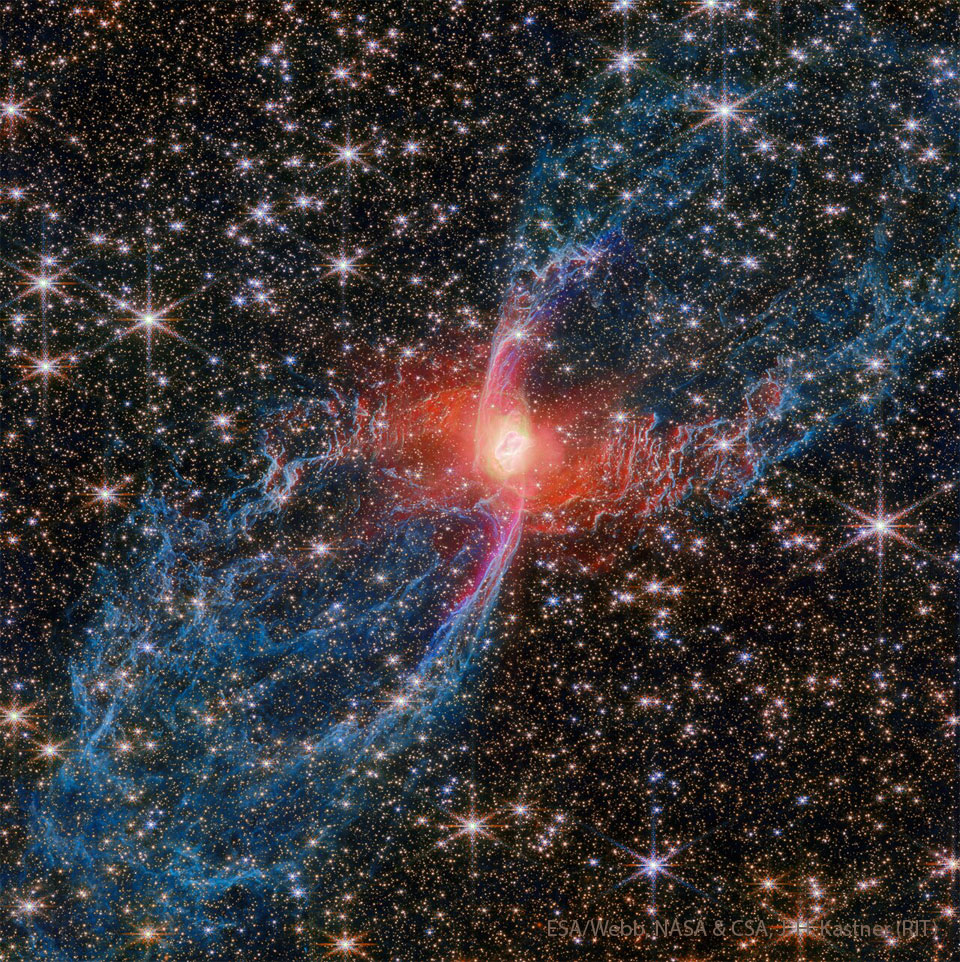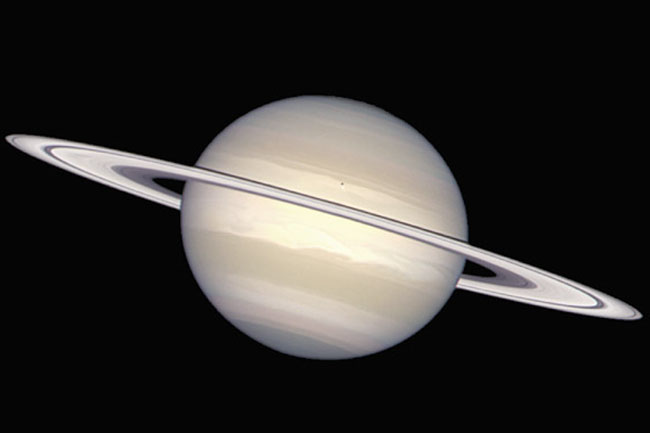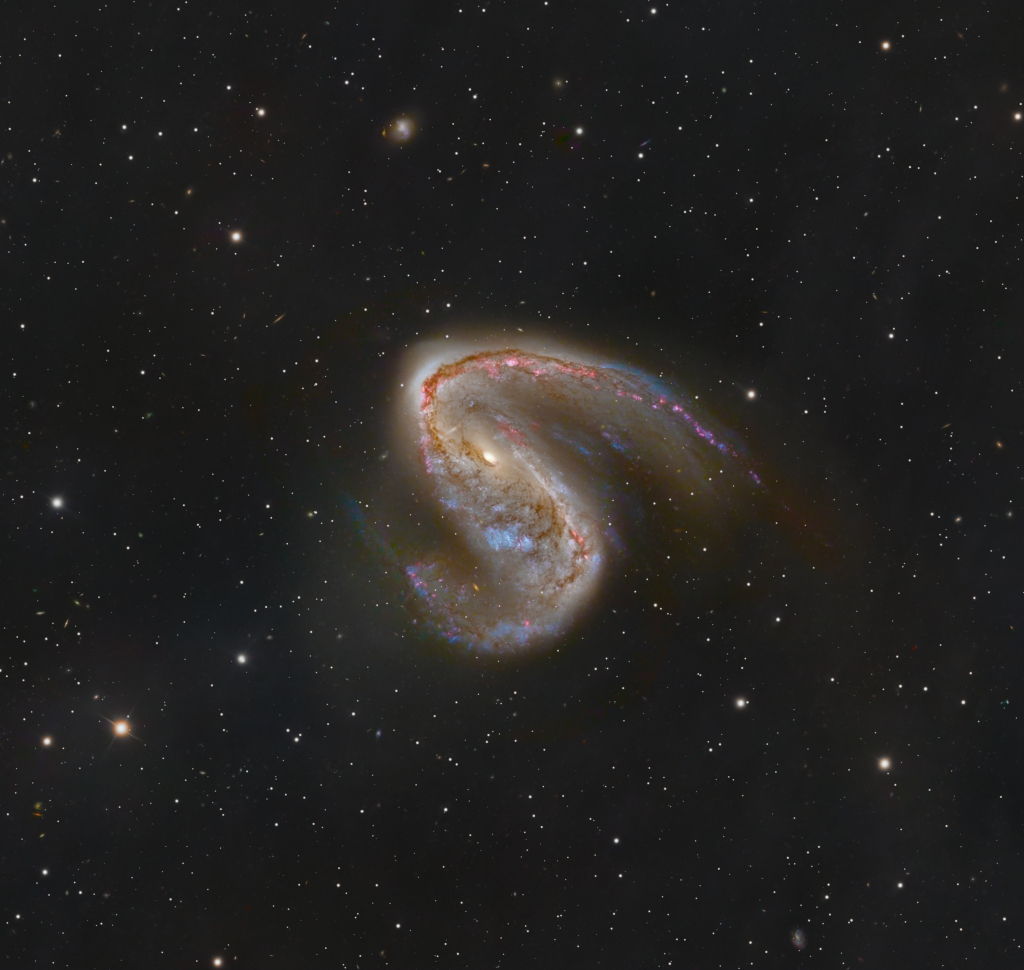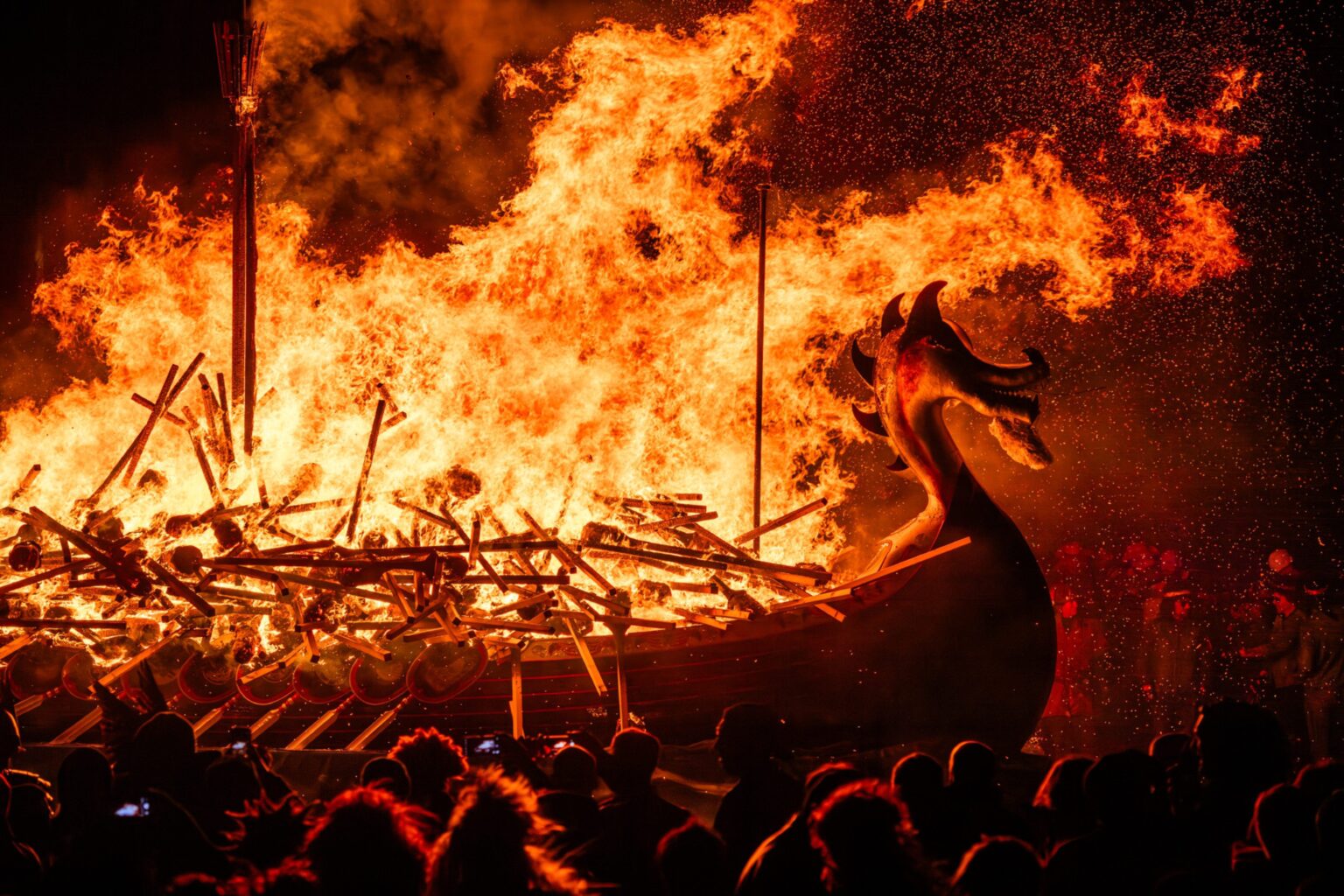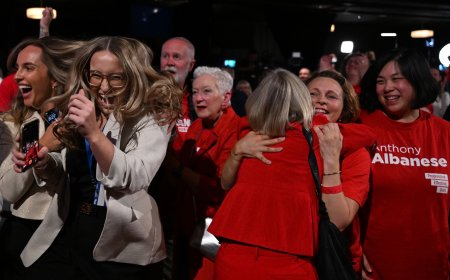Dick Cheney, US vice-president under George W Bush who pushed for war in Iraq
His subdued character meant that he never outshone Bush, but he was one of the most powerful vice-presidents in the history of the office

Dick Cheney, who has died aged 84, was regarded as the éminence grise behind the presidency of George W Bush and one of the most influential holders of the office of vice-president in American history.
A Republican of distinctly conservative views, Dick Cheney had a calm, even-tempered demeanour that belied an underlying toughness, and a reputation for keeping his head in a crisis. Yet as vice-president he was the main cheerleader for the controversial decision to go to war in Iraq.
A long-time friend of the Bush family, Cheney first made his mark in the mid-1970s as an unflappable chief of staff under Gerald Ford. He served for a decade in Congress as representative for Wyoming before joining George Bush Snr’s cabinet as Secretary of Defense. He won widespread respect after the US dispatched troops to Kuwait in 1990 to eject the invading armies of Saddam Hussein.
Cheney had retired from politics in 1993 to pursue a business career, and as chairman of Halliburton from 1995 he piloted one of the world’s largest energy conglomerates for five years.
But in early 2000 he agreed to head the team to identify candidates to be the younger George Bush’s running mate in the presidential elections due to be held later that year. There was some disquiet in the Republican camp when in July Bush Jnr announced that he had chosen Cheney himself.
Cheney was not a man to inspire enthusiasm on the campaign trail, and questions soon focused on the history of minor heart attacks which had culminated in a triple bypass in 1988.
Democrats also drew attention to Cheney’s record in Congress. He had, for example, opposed the release of Nelson Mandela from prison and voted consistently against gun control, abortion and environmental and education funding measures. A prominent Cold Warrior, he had favoured helping the Contra rebels in Nicaragua during the civil war of the 1980s and once described Soviet officials as “pigs in suits”.
Yet Cheney had always been pragmatic when it came to executing the policies of his masters. Indeed, he had adapted to the moderate views of President Ford as well as he had to the more Right-wing outlook of President Reagan. Under the first President Bush, he described himself as “the President’s Man”.
In the White House of George W Bush, Cheney’s subdued character meant that he never outshone the president, but it rapidly became clear that he was much more than just “the President’s Man”. When the former vice-president Dan Quayle suggested that the office was largely ceremonial, Cheney reportedly replied: “I have a different understanding with the president.” Bush himself admitted “I see Dick all the time. He is around. And so I see him quite a bit. And we meet all the time, as a matter of fact.”
Until the financial crisis of 2008, Cheney was the guiding force in shaping budget and tax policy in a manner that assured “conservative orthodoxy”. He used his Beltway experience to push through Bush’s first big tax cut in 2001 and was seen as the key influence behind the administration’s policy of pushing for more oil and gas exploration and avoiding constraints on greenhouse gas emissions.
After the attacks of 11 September 2001, much was made of his value as the reliable No 2 who could become a dependable No 1. Shortly after the attacks he was whisked off from his office in the White House and taken to an undisclosed location in case something should happen to the president.
But Cheney’s reputation stands or falls on his role in the decision to widen the “War on Terror” to include Saddam Hussein. It was Cheney who, on August 26 2002, lit the blue touchpaper with a speech dismissing the effectiveness of UN weapons inspectors and stating flatly: “There is no doubt that Saddam Hussein now has weapons of mass destruction and... that he is amassing them to use against our friends, against our allies and against us.”
It was Cheney who asserted that there were links between Iraq and al-Qaeda. And it was Cheney who reassured senators: “I think we’ll be greeted as liberators.”
Though none of these claims proved true, Cheney never expressed regret about the Iraq War, and this led some to speculate that he might have had a hidden agenda. When Halliburton won big contracts to help supply the US military in Iraq in 2003, there were suggestions that Cheney had had American – and personal – commercial interests in the forefront of his mind.
In an interview in 1994 after the end of the first Gulf War, Cheney explained that occupying and attempting to take over Iraq would have been a “bad idea” and would have led to a “quagmire”. Why he changed his mind in the intervening eight years remains a matter of debate.
Richard Bruce Cheney was born in Lincoln, Nebraska, on January 30 1941, the son of a soil conservationist with the US Department of Agriculture. The family moved to Wyoming in the mid-1950s, and young Dick grew up loving the outdoor life. From Natrona County High School, where he co-captained the American football team, he won a scholarship to Yale University. But he dropped out after only three terms and spent the next two years working on electrical power lines in Colorado, Arizona and Wyoming.
Although he had found the classroom restricting, Cheney returned to his studies, at the University of Wyoming in 1963. He stayed for three years, completing BA and MA courses in political science. In 1964 he married Lynne Vincent, whom he had first met when they were students at Natrona County High, and the first of two daughters was born in 1966.
It was the time of the Vietnam War and of military conscription. Cheney avoided the draft, first having been granted a student deferment and then because he had become a father. Later, he said he would have been happy to serve but in the 1960s had more pressing priorities than military service.
After embarking on a doctorate at Wisconsin University, in 1968 Cheney abandoned his studies once more, this time to embark on a political career in Washington. Soon he became the protégé of Donald Rumsfeld, Director of the Office of Economic Opportunity in the early days of Richard Nixon’s administration.
When Rumsfeld was appointed a White House counsellor in 1970, Cheney became his deputy; and when, a year later, Rumsfeld became Director of the Cost of Living Council, he took Cheney with him as his assistant.
In 1973, though, Cheney decided against accompanying Rumsfeld to Brussels when the latter was appointed ambassador to Nato. Instead, he took a job as a vice-president of Bradley, Woods and Co, a Washington investment firm.
When Gerald Ford succeeded Richard Nixon after Watergate in 1974, he brought Rumsfeld back from Europe to head his transition team – and Rumsfeld summoned Cheney to be his deputy. A month later, Rumsfeld was named assistant (effectively chief of staff) to the president, and Cheney again became his deputy.
In November 1975, when Rumsfeld became Secretary of Defense, Cheney, aged 35, was appointed President Ford’s chief of staff, though he declined the privileges of cabinet rank, and rather than ride to work in the back of a chauffeur-driven limousine, preferred to drive himself to his office in his 10-year-old Volkswagen.
When Ford lost the presidential election to Jimmy Carter in 1976, Cheney returned to Wyoming. He spent a brief period in banking before deciding to run for office in the mid-term congressional elections in 1978.
On the primary campaign trail to land the Republican nomination for Wyoming’s lone member in the House of Representatives, Cheney suffered a mild heart attack, but he won the nomination and went on to beat the Democratic nominee with ease, capturing 59 per cent of the vote.
He found life in the House of Representatives congenial and followed up his first term by defeating the five-term Congresswoman, Marjorie Holt of Maryland, for the post of head of the Republican Policy Committee, the fourth-ranking senior party post in the House.
He earned the approval of leading Republicans by supporting President Reagan’s foreign and domestic programme, notably as a prominent supporter of the Strategic Defence Initiative – “Star Wars” – and of providing military aid to insurgents in Afghanistan, Angola and Nicaragua.
Despite his hard-line views, Cheney won friends across the political spectrum by virtue of his self-deprecating charm. He would, for instance, recount how, during a re-election campaign in Wyoming, he had seen a tobacco-chewing cowboy heading in his direction. “Hi! I’m Dick Cheney,” he cried out, “and I’d like you to vote for me tomorrow.” The reply came, as Cheney told the story: “You’ve got my vote. Anybody’d be better than that sonofabitch we’ve got there now.”
In 1987 Cheney became chairman of the Republican Conference, the third-ranking post in the Republican hierarchy, and in December 1988 he climbed up another rung as party whip. That year he also underwent successful bypass surgery following his third heart attack.
In March 1989 Cheney was appointed Defense Secretary by President Bush after the Senate had rejected Bush’s first choice, the former Texas senator John Tower, amid allegations of drinking and womanising. By all accounts the Cheney marriage was notably happy and stable.
Cheney remained on the fringes of the euphoria that arose from the collapse of the Soviet Union. He predicted that in the aftermath President Gorbachev would not last long, earning a rebuke from Bush for his candour. The reductions in America’s defence spending that followed went against Cheney’s instincts, but, albeit reluctantly, he lopped billions of dollars off the expenditure on American armoury.
When, months later, the Gulf War broke out with Iraq’s invasion of Kuwait, Cheney found himself masterminding the biggest military airlift in history when America spearheaded a UN force in early 1992 to free Kuwait.
The challenge brought out the best in him. He flew to Saudi Arabia, where he persuaded the country’s leaders to allow American troops to use their country as a base for a possible attack on Saddam Hussein. If he was highly respected by his staff before the Gulf War, Cheney was admired, if not idolised, by the time victory was achieved by the American-led UN force of 800,000 troops, who freed Kuwait in a blistering six-week campaign.
After Bill Clinton defeated George Bush for the presidency in 1992, Cheney announced that he was leaving Washington and politics. In 1995 he became chairman and chief executive officer of the Texas-based firm, Halliburton. In his five years at the helm Halliburton doubled in size and made him a small fortune.
Cheney’s links to the energy sector often put George W Bush’s administration under public scrutiny. Following the collapse of Enron there were calls for him to testify about his contacts with the energy giant but he refused. As well as allegations that Halliburton had unfairly won lucrative contracts in Iraq, the firm also became the focus of a Securities and Exchange Commission investigation into accounting practices begun when Cheney was head of the company.
Cheney also faced unwelcome public scrutiny in 2005 during the outcry over the leaking of the identity of Valerie Plame, the wife of a diplomat critical of the war in Iraq, as a CIA agent. A grand jury investigation into the leak led to the indictment of Cheney’s chief of staff, Lewis “Scooter” Libby, who resigned his position and was convicted in 2007 on charges of obstruction of justice, perjury and making false statements. There were some who thought that Libby had been made a fall-guy for decisions made further up the hierarchy.
There was further unwelcome publicity when, on February 11 2006, while out quail-shooting in Texas, Cheney accidentally shot Harry Whittington, a 78-year-old Texas attorney, in the face and upper torso. Although Whittington suffered a mild heart attack and Cheney accepted full responsibility for the incident, it was Whittington who, on his discharge from hospital, apologised to Cheney for the trouble the event had caused him and his family. The satirists, needless to say, had a field day.
After his term began in 2001, Cheney was occasionally asked if he was interested in the Republican nomination for the 2008 elections. However, he always maintained that he wished to retire upon the expiration of his term and he did not run in the 2008 presidential primaries.
But he continued to maintain a visible public profile, becoming a prominent critic of Obama administration policies on national security and a champion of the controversial “enhanced interrogation techniques” – a euphemism for the US government’s programme of rough treatment of suspected terrorists, including waterboarding, at “black sites” around the world, including Guantanamo Bay and Abu Ghraib.
Many human rights groups had criticised the programme as torture, and in 2014 a landmark investigation by the US Senate found that it had been completely ineffective in obtaining reliable intelligence in the fight against terrorism.
In 2008 Cheney admitted that he had approved waterboarding as one of the techniques, and after the Senate report he went further, admitting that he had been “heavily involved” in setting up the whole programme: “I’m not one of those people who calls it torture. An awful lot of people do, but it wasn’t. It was set up in a way that... was in fact consistent with our fundamental statutes and agreements that were in place. And it worked.”
He would happily give the order again for such actions “in a minute”, he added, insisting that they did not amount to torture.
There was one exception to Cheney’s conservatism. He opposed a constitutional ban on gay marriage – a ban supported by President Bush and by his own eldest daughter Liz, who followed her father into politics, becoming US Representative for Wyoming, her father’s old seat – because his younger daughter Mary had come out as a lesbian. “Freedom,” Cheney explained, “means freedom for everyone.”
In 2011, Cheney published In My Time: A Personal and Political Memoir, written with Liz Cheney, and in 2015, Exceptional: Why the World Needs a Powerful America, again written with Liz.
In March 2012, Cheney underwent a seven-hour heart transplant, his cardiologist later opining that it “would not be unreasonable” for him to expect to live another 10 years.
His life inspired Adam McKay’s award-winning comedy-drama biopic Vice (2018), starring Christian Bale as Cheney, a film which contrasted the private man, a doting husband and father, with his Machiavellian political persona.
In 2024 Cheney said that he intended to vote for Kamala Harris in the forthcoming presidential election, declaring: “In our nation’s 248-year history, there has never been an individual who is a greater threat to our republic than Donald Trump.”
Dick Cheney is survived by his wife Lynne, a senior fellow at the American Enterprise Institute, and by their daughters Liz and Mary.
Dick Cheney, born January 30 1941, died November 3 2025
[Source: Daily Telegraph]

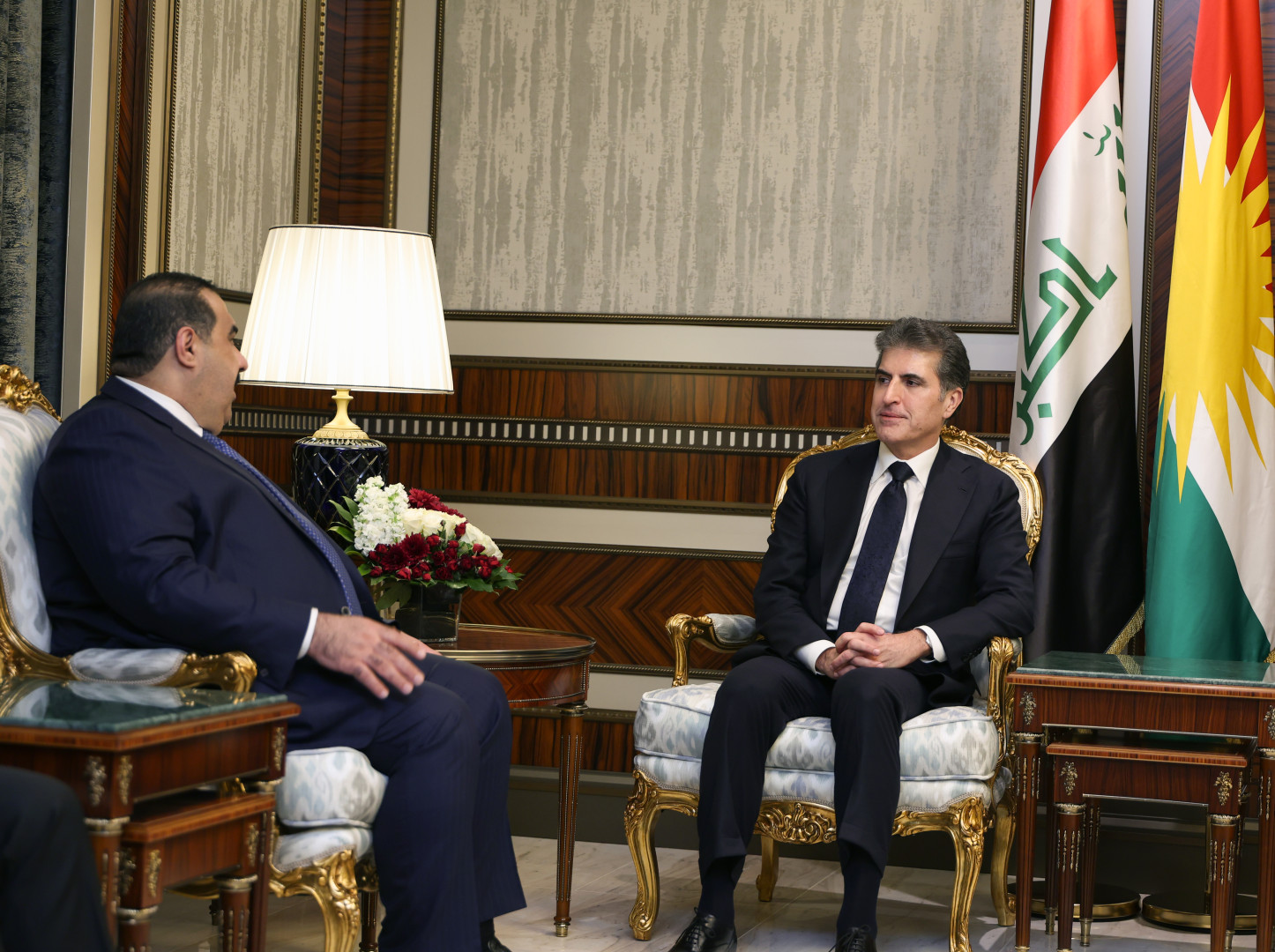

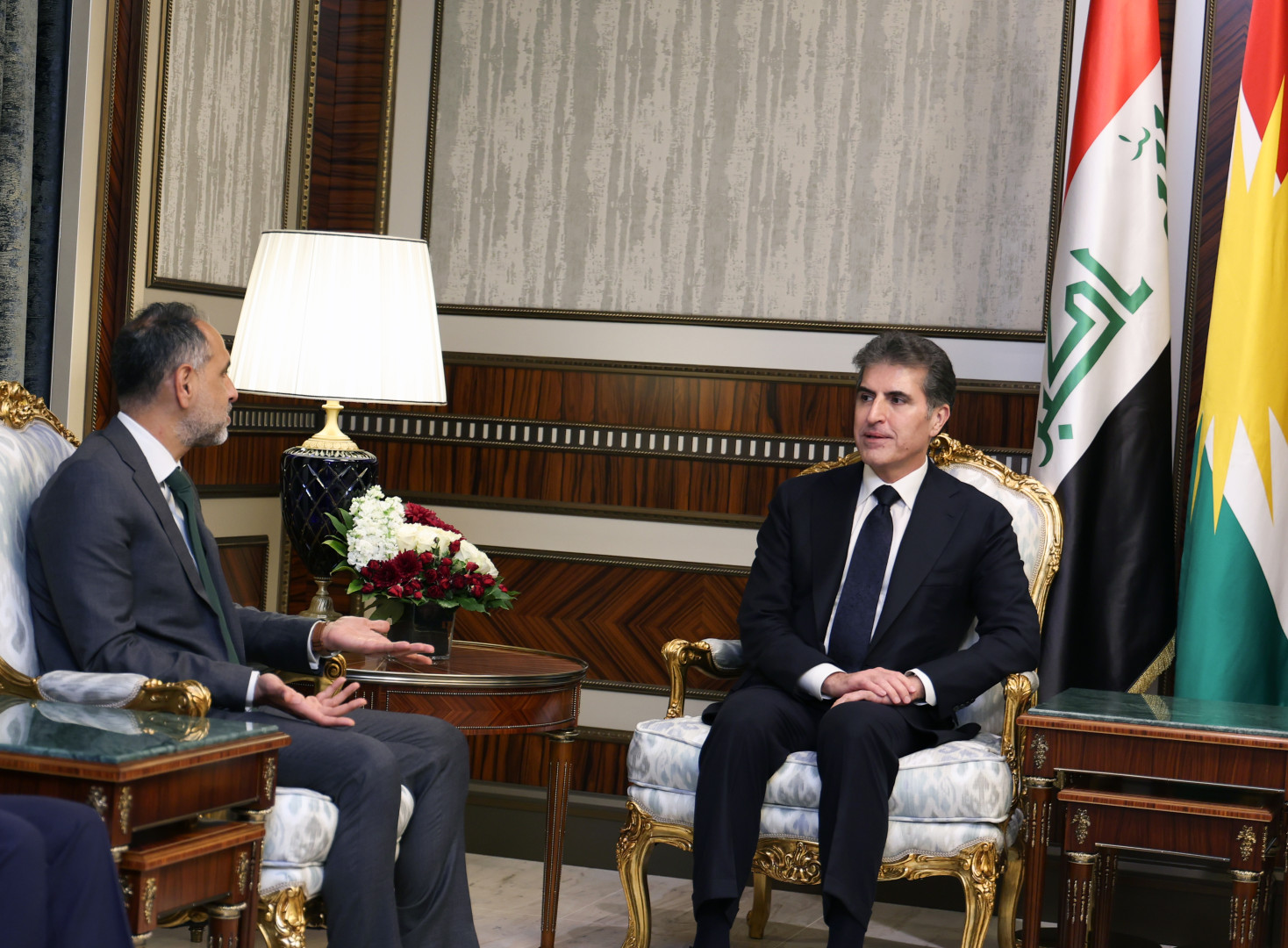



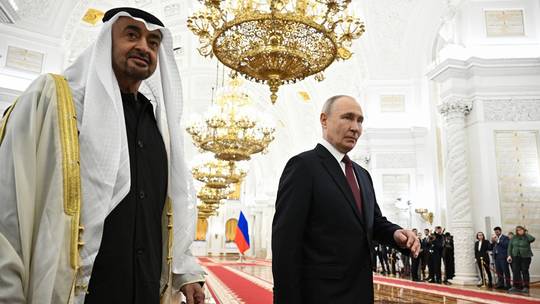
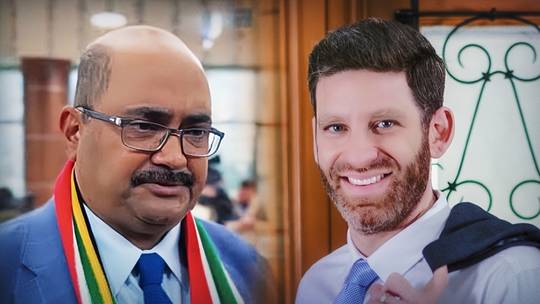









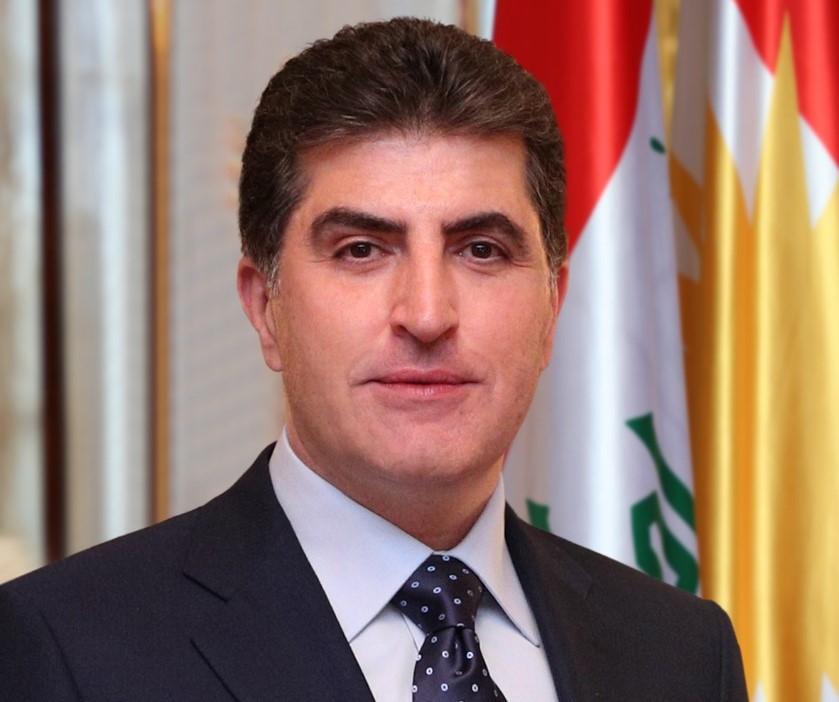



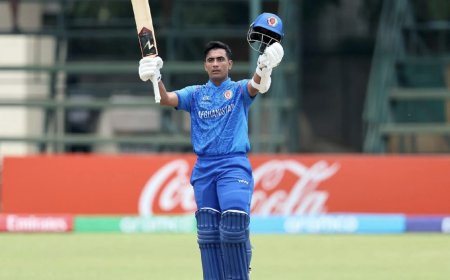
/file/attachments/orphans/IMG_9103_429753.jpeg)


